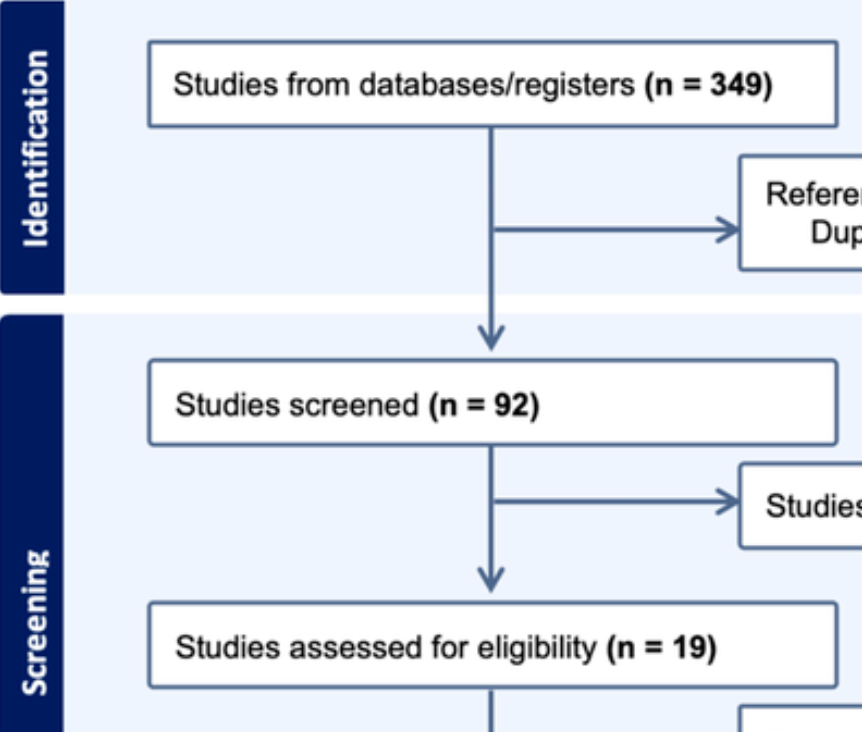Abstract
Purpose of Review Obsessive-compulsive disorder (OCD) is a chronic and disabling condition, often leading to significant functional impairments. Despite its early onset, there is an average delay of 17 years from symptom onset to diagnosis and treatment, resulting in poorer outcomes. This systematic review aims to synthesize current findings on the application of AI in OCD, highlighting opportunities for early symptom detection, scalable therapy training, clinical decision support, novel therapeutics, computer vision-based approaches, and multimodal biomarker discovery. While previous reviews focused on biomarker-based OCD detection and treatment using machine learning (ML), the findings of the current review add information about novel applications of deep learning technology, specifically generative artificial intelligence (GenAI) and natural language processing (NLP). Among the included 13 articles, most studies (84.6%) utilized secondary data analyses, primarily through GenAI/NLP. Nearly 77% of these studies were published in the past two years, with high quality of evidence. The primary focus areas were enhancing treatment and management, and timely OCD detection (both 38.5%); followed by AI tool development for broader mental health applications. AI technologies offer transformative potential for improvements related to OCD if diagnosis occurs earlier after onset; thereby lessening the consequential economic burden. Prioritizing investment in ethically sound AI research could significantly improve OCD outcomes in mental health care.
